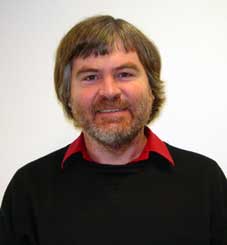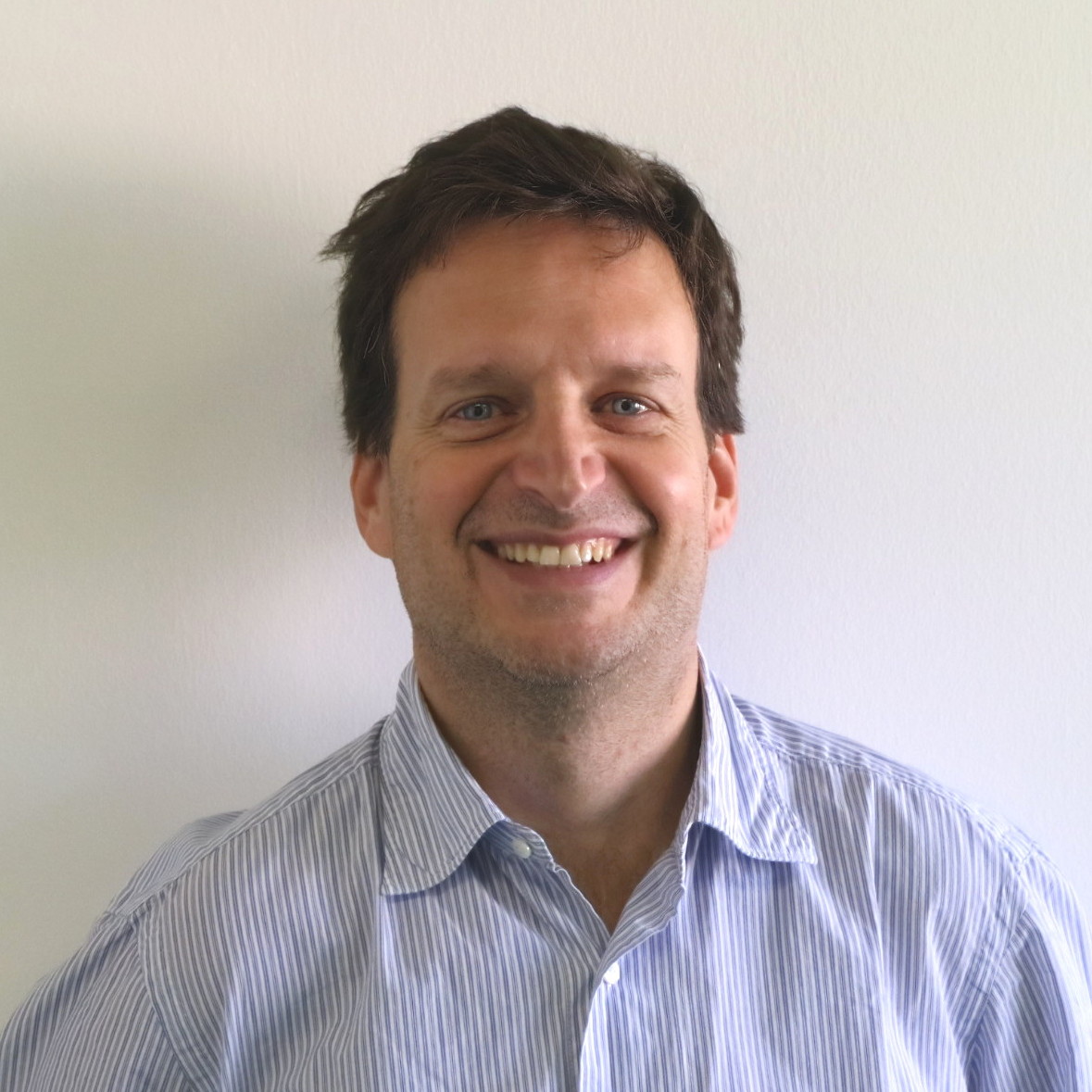
Jeffrey Kingston, University of Sydney
Dr. Jeffrey H. Kingston is a former Associate Professor and current Honorary Associate of the School of Information Technologies at the University of Sydney. His research interests are algorithms and complexity, and programming languages. He has been studying automated timetabling since 1991.
Specifying Timetabling Problems: An Ongoing Story
The optimization problems found in textbooks are usually easy to specify. The travelling salesman problem, for example, is specified using a simple graph with edge costs. Timetabling problems are much harder to specify precisely, mainly because of the many constraints needed by real-world instances. This tutorial will give a general overview of the specification problem for timetabling: the key issues, some history, the present state of the art, and some thoughts about the future.

Andrea Schaerf, University of Udine
Andrea Schaerf received his PhD in Computer Science from 'Sapienza' University of Rome in 1994, where he has been Assistant Professor from 1996 to 1998. From 1998 to 2005 he has been Associate Professor at University of Udine, where starting 2005 he is Full Professor. His main research interests are: Scheduling and Timetabling Problems, Local Search & Metaheuristics for Combinatorial Problems, and Problem Specification Languages and Tools. Starting February 2015 he is the Head of the Bachelor and Master Programs in Management Engineering at University of Udine.
Simulated Annealing and its application to timetable problems
Simulated Annealing (1983) is recognised as the oldest metaheuristic technique in the scientific literature. Despite its age, it is still very popular in academic publications and practical applications. In this tutorial, we review the basic components of Simulated Annealing and we discuss and classify its uncountable variants, some of which gained their own names and metaphors (Great Deluge, Threshold Accepting, ...). In addition, we show the application of Simulated Annealing to some timetabling problems and discuss its results on available benchmarks.